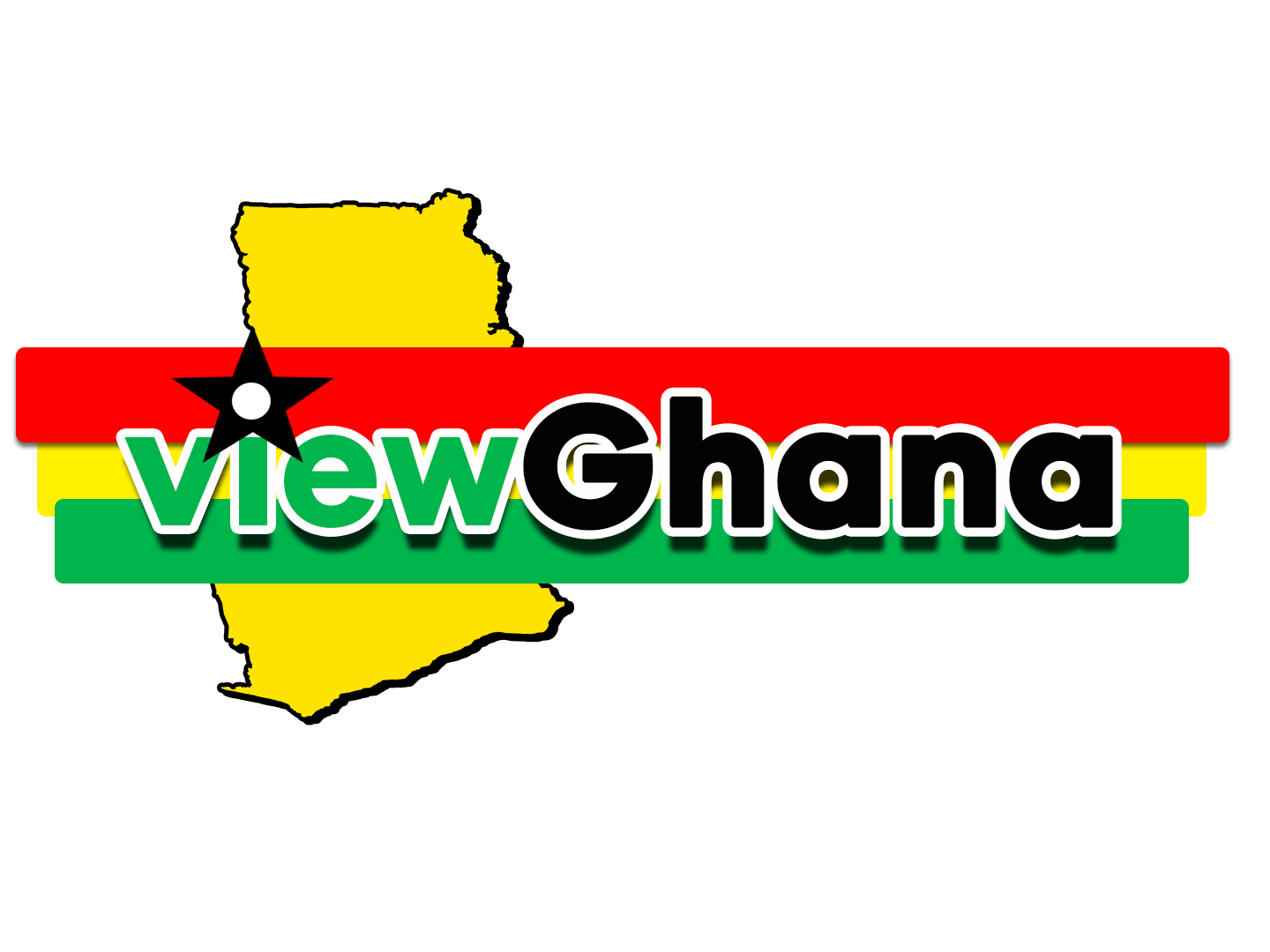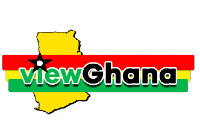Thinking of Moving to Ghana? A Guide for the Diaspora in the US and Europe
Relocating to Ghana offers a unique blend of cultural richness, economic opportunities, and lifestyle changes. However, it’s essential to approach this transition with informed expectations and thorough preparation.
Cost of Living: Balancing Affordability with Lifestyle
Ghana’s cost of living is generally lower than that of Europe or the USA. For instance, the average monthly expenses for a single person in Accra are approximately $618.9, excluding rent . However, it’s crucial to avoid constant currency conversions, as this can lead to overspending. Imported goods, such as certain food items, can be significantly more expensive due to tariffs and demand .
Climate: Embracing the Tropical Environment
Ghana experiences a tropical climate with hot and humid conditions year-round. Days typically start early and end around 6 PM due to consistent dusk times. Adjusting to this climate involves pacing daily activities to avoid fatigue and staying hydrated.
Culture: Navigating Social Norms and Traditions
Ghanaian culture places a strong emphasis on respect, especially towards elders and individuals of status. Formal greetings are customary, and understanding local customs enhances social interactions. Being open-minded and willing to learn about these practices will facilitate smoother integration.
Infrastructure: Adapting to Local Systems
While Ghana has made strides in infrastructure development, challenges remain. Power outages and water shortages can occur, and public transportation systems like “tro-tros” may not adhere to strict schedules. It’s advisable to plan accordingly and have contingency measures in place.
Healthcare: Planning for Medical Needs
Healthcare services in Ghana vary in quality and accessibility. Urban areas have better-equipped facilities, while rural regions may have limited options. It’s recommended to secure comprehensive health insurance that covers treatments in Ghana .
Employment: Exploring Opportunities and Entrepreneurship
Finding employment in Ghana can be competitive, especially without specialized skills. Many expatriates consider entrepreneurship or remote work. Success often hinges on understanding local market needs and offering products or services that resonate with the broader Ghanaian population.
Education: Aligning with Local and International Standards
Ghana offers a mix of public schools following the national curriculum and private international schools. While international schools provide curricula aligned with European or American standards, they can be costly. Public schools are more affordable but may differ in teaching methods and resources. It’s essential to choose an educational path that aligns with your family’s long-term goals.
Community Integration: Building Connections
Engaging with local communities and participating in cultural events can enrich your experience. Programs like Ghana’s “Year of Return” have fostered connections between the diaspora and local communities, offering opportunities for cultural exchange and mutual growth
Final Thoughts
Moving to Ghana is a significant decision that comes with both challenges and rewards. By conducting thorough research, setting realistic expectations, and embracing the local culture, you can make a successful transition and find fulfillment in your new environment.








